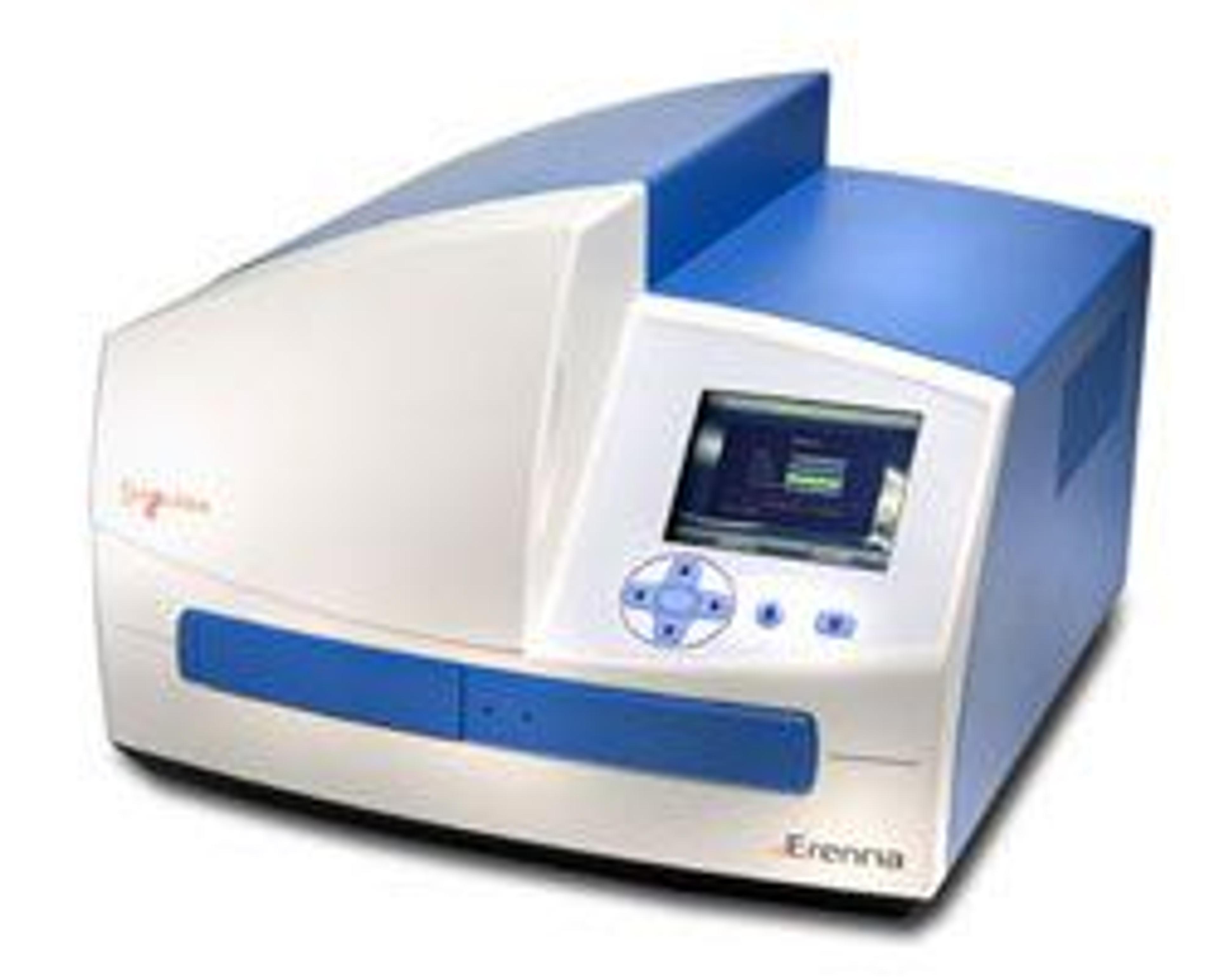Highly Sensitive Cardiac Troponin-I Assay Could Identify Future Risk for Dying from Cardiovascular Disease
16 May 2012
A study to be published in the journal Clinical Chemistry has shown that a high sensitivity cardiac troponin-I (cTnI) assay from Singulex, Inc. could be used to identify, in healthy asymptomatic people, an increased risk of dying from cardiovascular disease (CVD) eight to 15 years in the future. This proprietary assay (Erenna® cTnl Immunoassay) is up to 50-fold more analytically sensitive for the measurement of cTnI than other currently available and novel biomarkers.
“We found that circulating cTnI measured by the Singulex high-sensitivity assay identified individuals at higher CVD risk several years prior to cardiovascular disease related death in a community population-based study,” said Fred Apple, PhD, lead author of the study, and medical director of Clinical Laboratories at Hennepin County Medical Center and professor at the University of Minnesota. “If we can track increases of cTnI in a patient’s blood over time, our ability to provide better chronic disease management on an individual patient basis may produce significant improvements in outcomes. Such a biomarker test could provide substantial added value to patient care.”
In this nested case-control study within the Minnesota Heart Survey (MHS), biomarkers were assayed in serum samples from 211 patients who died of cardiovascular causes (cardiovascular heart disease, stroke, congestive heart failure) and 253 controls matched on age, sex, and study year identified after eight to 15 years of follow-up. The data were adjusted for age, race, sex, education, study year, smoking, abdominal obesity, diabetes, serum total cholesterol, systolic blood pressure, previous hospitalization for a CVD event and other biomarkers, and then evaluated for the relationship between biomarker concentrations and the odds of CVD mortality.
Increased high-sensitivity cTnI was more common among CVD mortality cases than among controls (8.7% vs. 1.0%) and provided an adjusted odds ratio of 8.53 for predicting CVD death. The study demonstrated that circulating cTnI measured by the Singulex high-sensitivity assay was key in identifying individuals at high risk several years prior to CVD related death in a community population-based sample and suggests that measuring cTnI using high-sensitivity assays may be useful for identifying individuals at higher risk in normal populations.
“The Minnesota Heart Survey results deliver the first published validation of the significant role that our high definition single molecule counting technology can play in identifying at risk patients prior to a catastrophic event,” said Philippe Goix, president and CEO of Singulex. “Where there is smoke there is typically fire, and if we can offer a 'smoke detector' for enabling clinicians to intervene at an earlier stage, imagine how patient care could be impacted. We look forward to further demonstrating the sensitivity and added clinical value provided by our extensive family of biomarker assays.”

